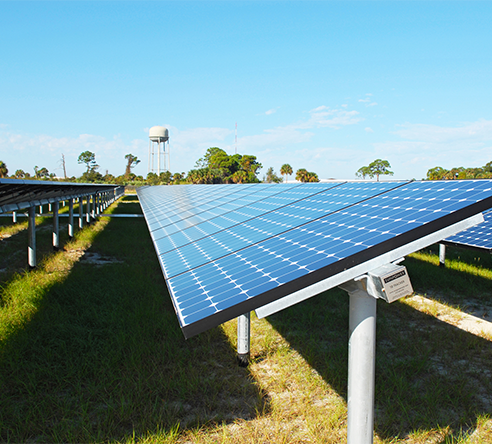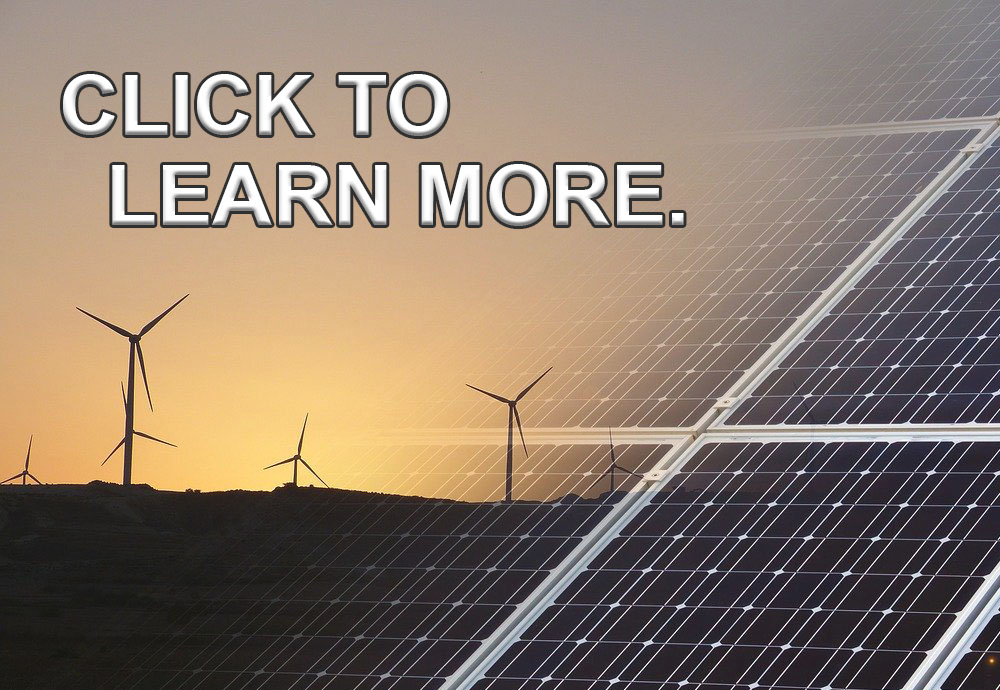Introduction
Solar isn’t just for a home with the right roof or sun-facing property. Now it can be for anyone. Currently, there are 19 states and Washington, DC with legislation supporting community solar. Community solar is a relatively new option and most states haven’t completely adopted it yet. This does not mean it is a bad idea – or even worse – a scam. Solar panels in general have a low adoption rate due to all of the stipulations needed to place panels on your roof. That is where community solar comes in community solar projects allow the surrounding community to subscribe to a portion of the electricity produced from the solar panels in an installation.
Why you might want to go solar:
This relatively new option will give you the opportunity to save money on your utility bill without much commitment, cancellation fee, or upfront costs. There is also nothing to maintain like in rooftop solar.
Residential:
- Environmental – You are helping the environment. Here’s how: this inclusive model allows more Americans to participate in solar, lessening our need for fossil fuels. That means less pollution and fewer greenhouse gas emissions.
- Savings – With the economic uncertainties created by COVID-19, it is likely that you are looking for ways to save some money. With shared solar or community solar, you could see relatively immediate savings on your utility bill and you can get it for as long as the community solar project lasts – usually 20+ years.
Commercial:
- Savings – You might not be able to or even want to put rooftop solar panels on your business due to different reasons; you rent the property, you don’t have the right rooftop, etc. Depending on the state, your business may also be able to reap the benefits of community solar. And for businesses, the savings can be substantial.
- Environmental – You are helping the environment. Here’s how: this inclusive model allows more Americans to participate in solar, lessening our need for fossil fuels. That means less pollution and fewer greenhouse gas emissions.
How to go solar if you don’t have a roof?
In order to subscribe, you need to be in an eligible utility zone and sign up with a vendor like Solar on Earth. If you are in one of the 19 states that currently offer statewide community solar programs, you now need to find out if there are any community solar projects in your area. In order to do that, contact a provider who can tell if there are projects in your location: click here.

